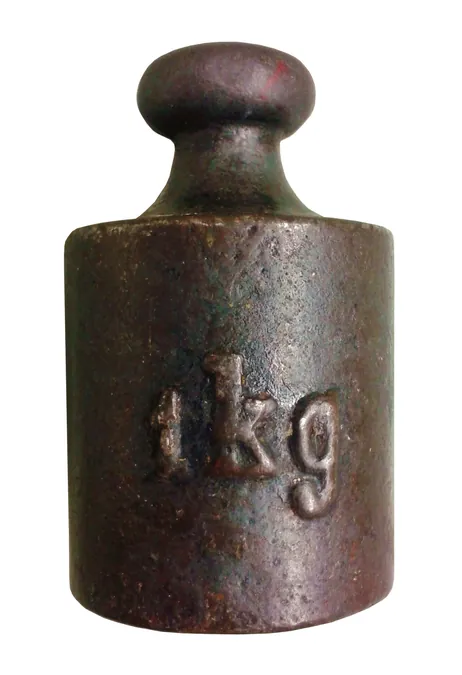
Alarming Rise of Bowel Cancer Among Younger Adults: What You Need to Know!
2024-12-12
Author: Michael
Bowel cancer rates are unexpectedly climbing among younger adults, sparking concerns among medical experts who are still unraveling the reasons behind this disturbing trend. Although the disease predominantly affects older individuals, evidence suggests that those under 50 are increasingly at risk, particularly in countries like England, which reports an average annual increase of 3.6% in younger patients, according to research published in the prestigious journal Lancet Oncology.
A comprehensive study covering data from 50 countries between 2007 and 2017 revealed that 27 of these nations experienced a rise in bowel cancer cases among the younger population. This worrying trend is not limited to wealthier Western countries; it is also impacting developing nations, indicating that the phenomenon of early-onset colorectal cancer is truly global. Dr. Hyuna Sung from the American Cancer Society emphasized, "The increase in early-onset colorectal cancer is a global phenomenon."
Understanding Symptoms for Early Detection
Understanding the symptoms of bowel cancer is crucial for early detection. While the overall rates remain low— with only about one in 20 bowel cancers in the UK diagnosed in those under 50—awareness is key. The NHS advises individuals to be vigilant and seek medical attention if they encounter any of the following symptoms:
- **Blood in stools** - **A persistent change in bowel habit** (frequent bowel movements or looser stools) - **Abdominal pain, discomfort, or bloating**
In the UK alone, there are approximately 44,100 new bowel cancer cases diagnosed each year, with about 2,600 of these cases occurring in individuals aged 25 to 49. Jon Shelton, a spokesperson for Cancer Research UK, noted that while the number of young cancer cases remains low, the speed of the increase raises important questions about underlying factors. Possible contributors include poor diet, obesity, alcohol consumption, and smoking habits. Furthermore, improvements in medical detection may mean that cancers are being diagnosed earlier in life, possibly leading to these increased statistics.
Experts are calling for more extensive research to fully understand this troubling trend. Dr. David Robert Grimes, a biostatistics expert at Trinity College in Dublin, urges caution against jumping to conclusions without further evidence. He remarked, “While the headline might seem worrying in isolation, it could also mean that screening and improved detection are allowing us to catch cancers earlier.”
The conversation around bowel cancer has gained visibility thanks to advocates like Dame Deborah James, who, at just 40 years old, shared her battle with the disease and encouraged others to take their health seriously. Her impactful message to "check their poo" has resonated with many, promoting essential awareness about the importance of recognizing any irregularities in bowel health.
As bowel cancer rates continue to rise among younger adults, staying informed and vigilant can potentially save lives. If you notice any symptoms or have concerns about your bowel health, don’t hesitate to consult a healthcare professional. Awareness could be the first step toward early diagnosis and effective treatment.









 Brasil (PT)
Brasil (PT)
 Canada (EN)
Canada (EN)
 Chile (ES)
Chile (ES)
 España (ES)
España (ES)
 France (FR)
France (FR)
 Hong Kong (EN)
Hong Kong (EN)
 Italia (IT)
Italia (IT)
 日本 (JA)
日本 (JA)
 Magyarország (HU)
Magyarország (HU)
 Norge (NO)
Norge (NO)
 Polska (PL)
Polska (PL)
 Schweiz (DE)
Schweiz (DE)
 Singapore (EN)
Singapore (EN)
 Sverige (SV)
Sverige (SV)
 Suomi (FI)
Suomi (FI)
 Türkiye (TR)
Türkiye (TR)